The introduction of the Beef Environmental and Efficiency Pilot (BEEP) scheme has been widely welcomed by farmers and farmer organisations, albeit at a lower payment rate than was expected.
Industry experts have indicated for a long time that getting more weights into the national database would put a serious bolster behind the reliability figures of both the terminal index and, more importantly, the replacement index.
As an industry, the beef industry has been poor at recording weights with just 8,000 calf weights being weighed on-farm in 2017 and just 11,000 cow weights inputted, both of which are key drivers of efficiency and, in turn, profitability at farm level. That accounts for around 1% of calves.
Farmers have grappled with low reliability levels and indexes changing year to year. While indexes will still change, getting more weights into the system should mean higher reliability behind figures and less fluctuation.
Weaning efficiency can have enormous variations on farms and, in a lot of cases, these variations are not captured due to no weights being recorded and cows that are doing a really good job are not being rewarded because of a lack of data being fed in. Feeding a 900kg suckler cow all year to wean a 300kg calf (weaning efficiency of 33%) is not the way forward for the beef industry. Any farmers who started to weigh cattle as part of the Teagasc/Irish Farmers Journal BETTER farm beef programme saw the benefits and now use it as a routine management tool.
Weighing
The ability for farmers to weigh the animals themselves and input the data will streamline the programme and lower costs for farmers. For those without scales, a national weighing infrastructure will have to be rolled out where scales will be available for farmers to hire or rent for weighing. This could be rolled out through co-ops or other merchants. For some, it may make sense to hire a technician as the extra person is needed anyway for the weighing process.
ICBF has a number of technicians weighing cattle across the country and the charges are outlined in the panel below. With technology improving all the time, there could be a possibility of an app on someone’s phone taking weights via bluetooth from a weighing clock attached to the scales. Some form of quality control will have to be maintained to make sure weighing is being carried out accurately.
BEEP scheme
Payment rate: €40/cow/calf unit.Funding: €20m (enough to cover 500,000 cows).Requirements: weigh suckler cows and calves from 150 to 250 days.Payment: payments will roll out as weights come in.20 cows: €800.100 cows: €4,000.Participation is not linked to BDGP or any other scheme. How to weigh
Weigh yourself on your own scales.Get a weighing technician to weigh.Hire a scales from a local service provider (yet to be set up).How can I apply
Application forms will be available soon. It’s expected that it will be an online application with first payments ready to go out for autumn calves next April/May.Single farm
€60 callout fee (includes the weighing of up to 15 cattle).+ €2.50 per head (16 to 30 animals).+ €1.25 per head (31 to 100 animals).+ €1.00 per head (101 to 200 animals).+ €0.40 per head (more than 201 animals).Discussion group deal
€60 callout fee (includes the weighing of up to 15 cattle).+ €1.25 per head (16 to 50 animals).+ €1 per head (51 to 100 animals).+ €0.80 per head (101 to 200 animals).+ €0.40 per head (at least 201 animals).Comment
While the €40 support payment falls long short of where it needs to be, it is still recognition from the Minister for Agriculture Michael Creed that the suckler cow is under pressure and needs to be supported.
The Government sees the value in investing in the sector and must be commended for that. It’s also an important move in light of future CAP negotiations around supporting the sector. When coupled with BDGP, the level of targeted support payment going into the suckler cow is around €120. On Tullamore Farm, both programmes will deliver close to €12,000 to the bottom line, a figure that the farm can’t do without given the tight margins it is operating on.
Weighing infrastructure
The development of a national weighing infrastructure will be critical to the smooth rollout of the scheme and it is imperative that the scheme is kept as simple and farmer-friendly as possible for it to be a success.
The introduction of the Beef Environmental and Efficiency Pilot (BEEP) scheme has been widely welcomed by farmers and farmer organisations, albeit at a lower payment rate than was expected.
Industry experts have indicated for a long time that getting more weights into the national database would put a serious bolster behind the reliability figures of both the terminal index and, more importantly, the replacement index.
As an industry, the beef industry has been poor at recording weights with just 8,000 calf weights being weighed on-farm in 2017 and just 11,000 cow weights inputted, both of which are key drivers of efficiency and, in turn, profitability at farm level. That accounts for around 1% of calves.
Farmers have grappled with low reliability levels and indexes changing year to year. While indexes will still change, getting more weights into the system should mean higher reliability behind figures and less fluctuation.
Weaning efficiency can have enormous variations on farms and, in a lot of cases, these variations are not captured due to no weights being recorded and cows that are doing a really good job are not being rewarded because of a lack of data being fed in. Feeding a 900kg suckler cow all year to wean a 300kg calf (weaning efficiency of 33%) is not the way forward for the beef industry. Any farmers who started to weigh cattle as part of the Teagasc/Irish Farmers Journal BETTER farm beef programme saw the benefits and now use it as a routine management tool.
Weighing
The ability for farmers to weigh the animals themselves and input the data will streamline the programme and lower costs for farmers. For those without scales, a national weighing infrastructure will have to be rolled out where scales will be available for farmers to hire or rent for weighing. This could be rolled out through co-ops or other merchants. For some, it may make sense to hire a technician as the extra person is needed anyway for the weighing process.
ICBF has a number of technicians weighing cattle across the country and the charges are outlined in the panel below. With technology improving all the time, there could be a possibility of an app on someone’s phone taking weights via bluetooth from a weighing clock attached to the scales. Some form of quality control will have to be maintained to make sure weighing is being carried out accurately.
BEEP scheme
Payment rate: €40/cow/calf unit.Funding: €20m (enough to cover 500,000 cows).Requirements: weigh suckler cows and calves from 150 to 250 days.Payment: payments will roll out as weights come in.20 cows: €800.100 cows: €4,000.Participation is not linked to BDGP or any other scheme. How to weigh
Weigh yourself on your own scales.Get a weighing technician to weigh.Hire a scales from a local service provider (yet to be set up).How can I apply
Application forms will be available soon. It’s expected that it will be an online application with first payments ready to go out for autumn calves next April/May.Single farm
€60 callout fee (includes the weighing of up to 15 cattle).+ €2.50 per head (16 to 30 animals).+ €1.25 per head (31 to 100 animals).+ €1.00 per head (101 to 200 animals).+ €0.40 per head (more than 201 animals).Discussion group deal
€60 callout fee (includes the weighing of up to 15 cattle).+ €1.25 per head (16 to 50 animals).+ €1 per head (51 to 100 animals).+ €0.80 per head (101 to 200 animals).+ €0.40 per head (at least 201 animals).Comment
While the €40 support payment falls long short of where it needs to be, it is still recognition from the Minister for Agriculture Michael Creed that the suckler cow is under pressure and needs to be supported.
The Government sees the value in investing in the sector and must be commended for that. It’s also an important move in light of future CAP negotiations around supporting the sector. When coupled with BDGP, the level of targeted support payment going into the suckler cow is around €120. On Tullamore Farm, both programmes will deliver close to €12,000 to the bottom line, a figure that the farm can’t do without given the tight margins it is operating on.
Weighing infrastructure
The development of a national weighing infrastructure will be critical to the smooth rollout of the scheme and it is imperative that the scheme is kept as simple and farmer-friendly as possible for it to be a success.




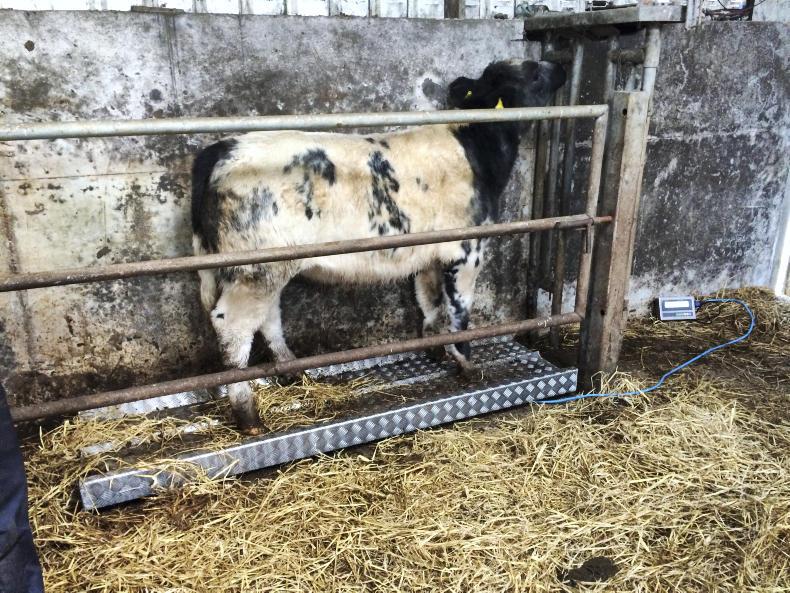
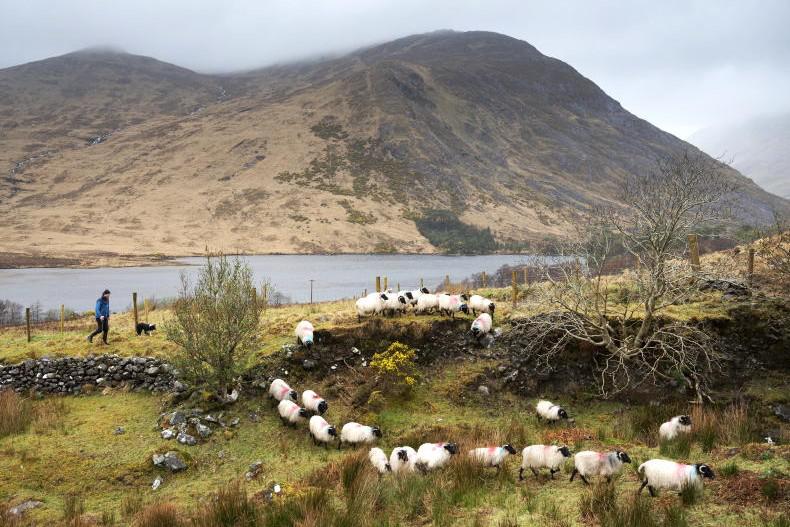

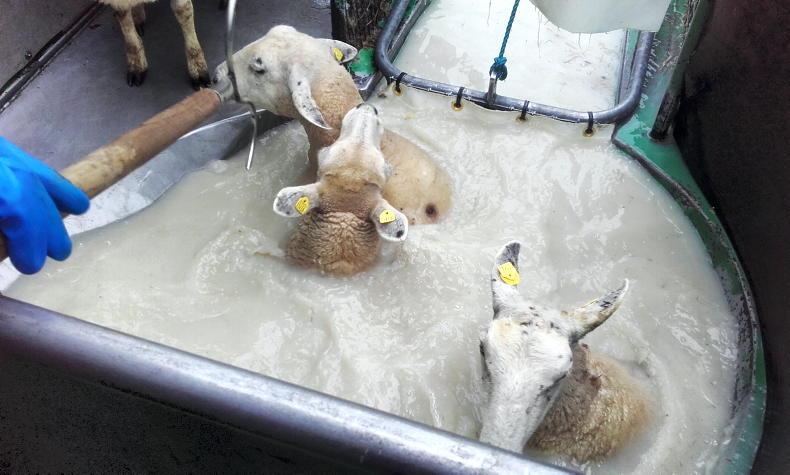
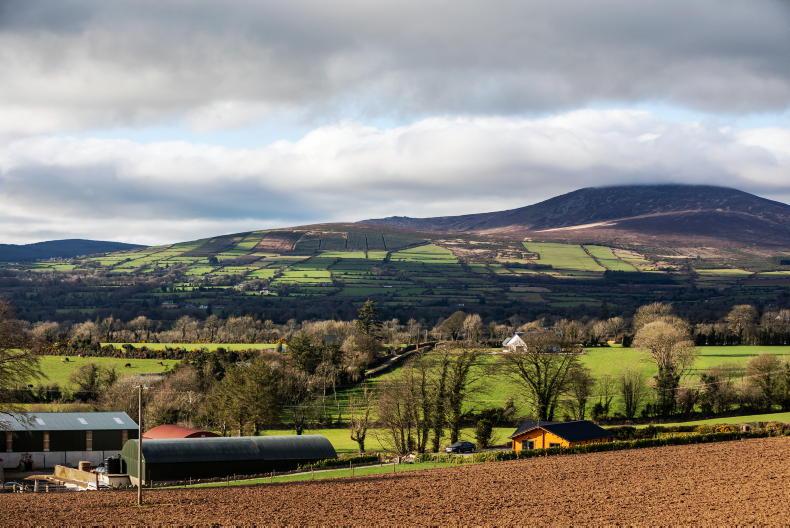
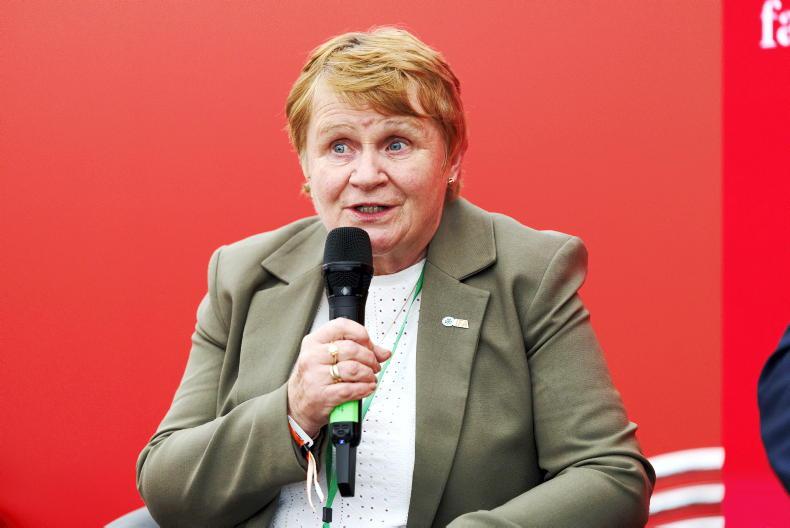
SHARING OPTIONS